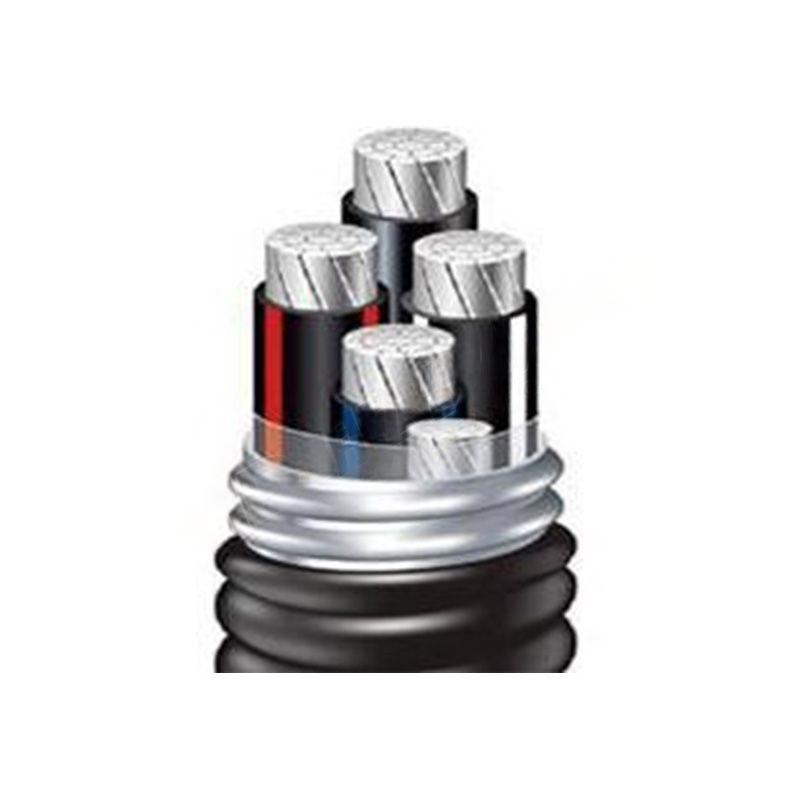Nov . 24, 2024 11:54 Back to list
High-Quality Stainless Steel Ball Valve for Reliable Fluid Control Solutions
The Versatility and Importance of Stainless Steel Ball Valves
Stainless steel ball valves are essential components in numerous industrial applications due to their durability, reliability, and efficient operation. Valves are critical for controlling fluid flow, and stainless steel ball valves offer outstanding performance in various environments. This article delves into the characteristics, advantages, applications, and maintenance of stainless steel ball valves.
Characteristics of Stainless Steel Ball Valves
A stainless steel ball valve comprises a sturdy body, a spherical ball with a hole in the middle, and two ports. The ball rotates within the valve body to control the flow of liquids or gases. The simplest design is a 2-way valve, which enables flow in one of two directions. More complex configurations can include three or more ports for diverse applications.
Stainless steel is chosen for the valve body due to its exceptional corrosion resistance, mechanical strength, and aesthetic appeal. The most commonly used grades of stainless steel for ball valves are 304 and 316. While 304 stainless steel provides good resistance to corrosion, 316 stainless steel is particularly beneficial in harsh environments due to its molybdenum content, which enhances its protection against pitting and crevice corrosion.
Advantages of Stainless Steel Ball Valves
One significant advantage of stainless steel ball valves is their longevity. Unlike valves made from other materials, stainless steel can withstand extreme temperatures and pressures without compromising structural integrity. This durability translates to reduced maintenance and replacement costs over time, making them a cost-effective choice for many industries.
Stainless steel ball valves also offer a quick and reliable shut-off capability. The ball mechanism provides a full, unobstructed flow when open and a tight seal when closed. This characteristic minimizes the risk of leaks, which is especially important in applications involving hazardous materials or high pressures.
Moreover, the design of ball valves allows for rapid switching, enhancing efficiency in operations. The quarter-turn operation means that these valves can be opened or closed with a simple turn of the handle, making them user-friendly. This operational simplicity is a significant advantage in environments where time and efficiency are paramount.
stainless steel ball valve

Applications of Stainless Steel Ball Valves
Stainless steel ball valves are widely used across various industries, including petrochemical, food and beverage, water treatment, and pharmaceuticals. In the petrochemical industry, they control the flow of oil, gas, and chemicals, maintaining process efficiency and safety.
In the food and beverage sector, the hygienic properties of stainless steel are paramount. Ball valves in this industry ensure that fluids transport with minimal contamination risk. They are easy to clean and maintain, complying with strict health and safety regulations.
Water treatment facilities utilize stainless steel ball valves to regulate the flow of water and chemicals used in purification processes. Their corrosion-resistant characteristics are vital for longevity in constant water contact.
The pharmaceutical industry also benefits from the use of stainless steel ball valves to ensure the sanitary handling of medications and chemicals. The inert nature of stainless steel prevents reactions with the substances being processed.
Maintenance and Best Practices
Although stainless steel ball valves are low-maintenance components, periodic checks are advisable to ensure optimal performance. Regular inspection of seals and the valve body for any signs of wear or corrosion is essential. Additionally, ensuring that the valve is not subjected to extreme temperatures or pressures beyond its capacity will prolong its lifespan.
Lubrication of the valve stem is also crucial to facilitate smooth operation. This practice helps prevent seizing, especially in applications where the valve may be left closed for extended periods.
In conclusion, stainless steel ball valves are indispensable in today’s industrial landscape due to their robust performance, versatility, and longevity. Their ability to handle a wide range of fluids, coupled with their corrosion-resistant properties, makes them a top choice in multiple sectors. As industries continue to evolve and innovate, the role of stainless steel ball valves will undoubtedly remain critical in ensuring efficient and safe operations. Their adoption is a testament to the enduring need for reliable and effective fluid control solutions.
Share